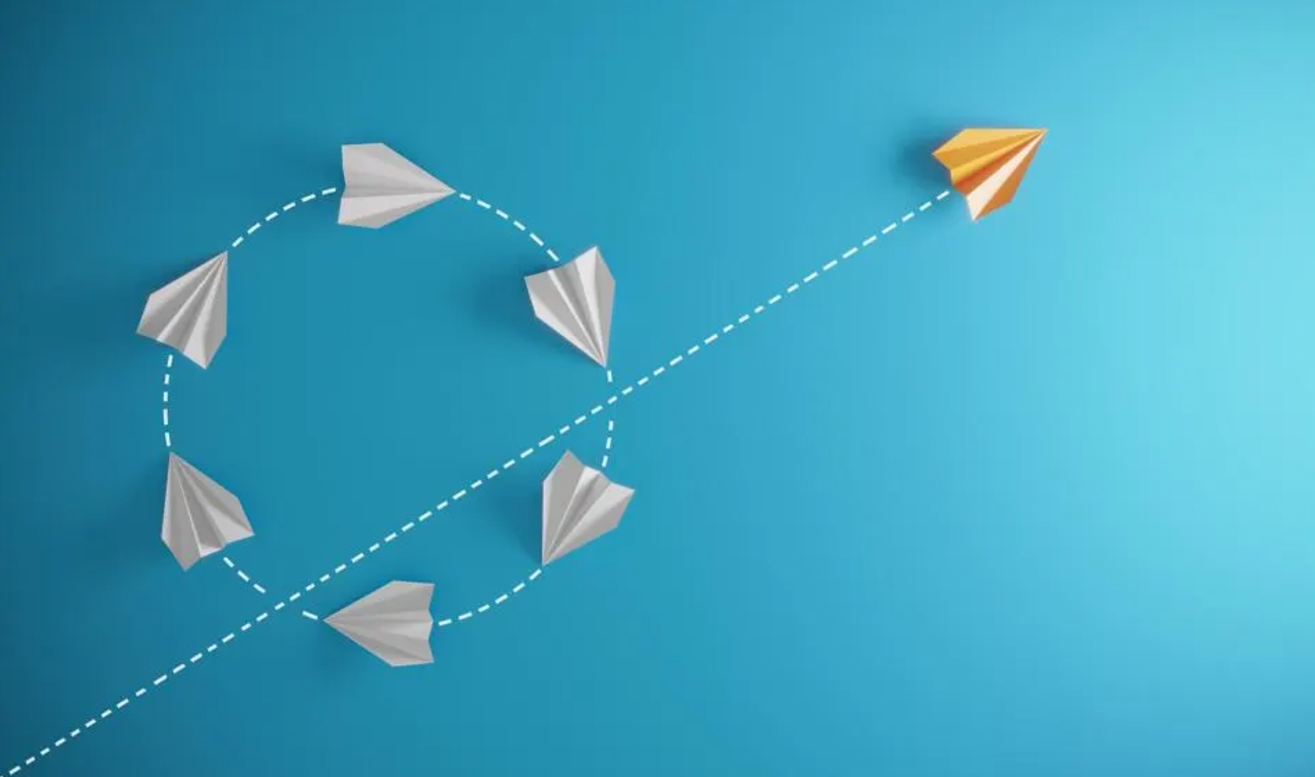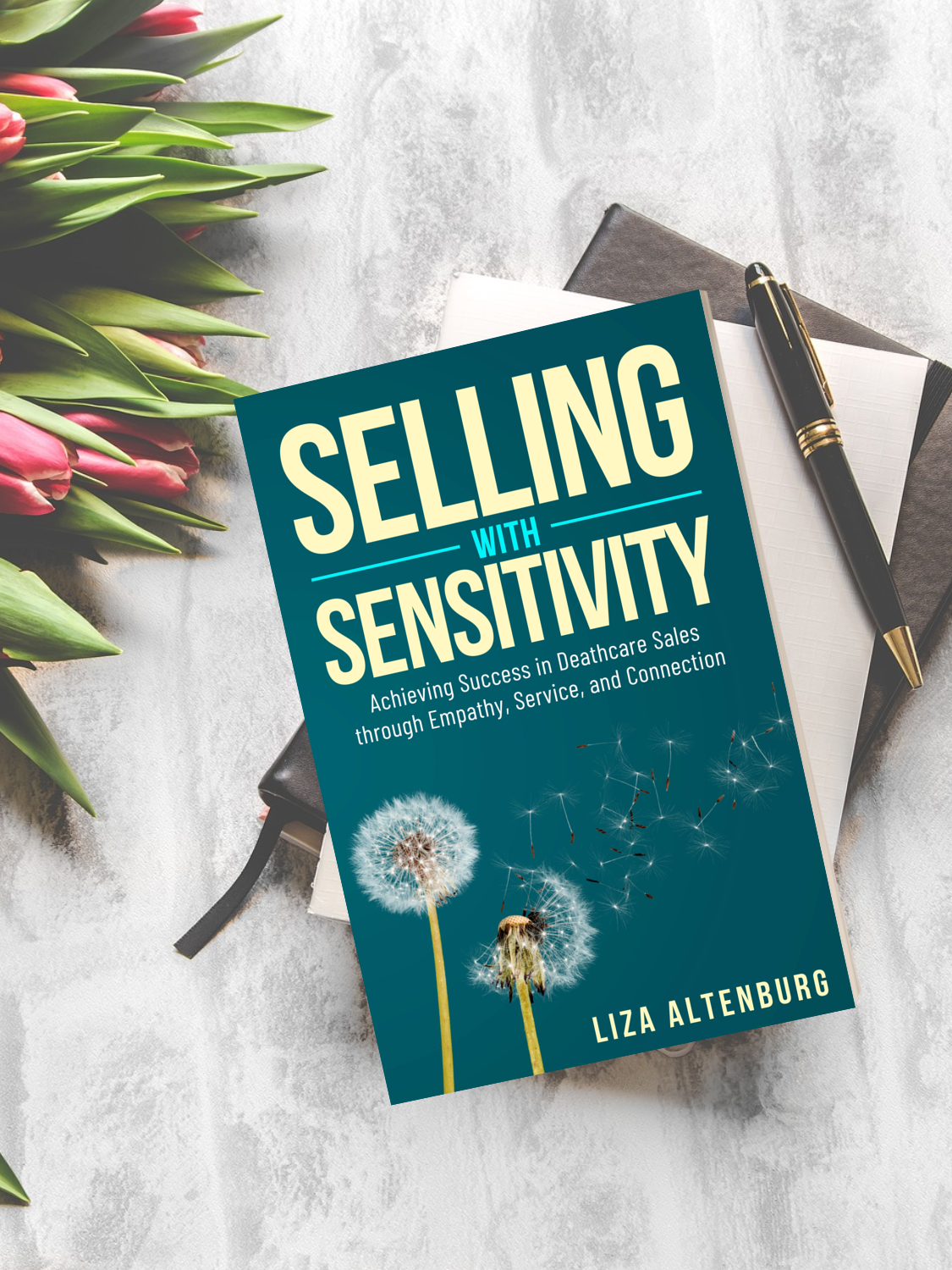My wife, Sarah, recently took a leap of faith into a completely new industry. She left a career in church work and ministry to start a job in sales—working from home, selling over the phone. She’s not a lifelong salesperson. She’s not a seasoned sales professional. This was uncharted territory for her—a gamble.
Like any big change, it came with its challenges. There were tough days—days when she made more than 550 calls, had only a handful of actual conversations, and didn’t close a single sale. For anyone in sales, you know those days can feel like a mountain you’re climbing with no summit in sight.
And yet, in her very first full month on the job, Sarah was the #1 salesperson in the entire company—out of almost 200 salespeople across North America.
Talk about disruption.
As someone who has spent my life in sales as a leader, coach, and practitioner, watching Sarah stir things up at her new company has been inspiring. It’s also been a powerful reminder of the ability of one person to elevate an entire team or department simply by excelling.
But it also got me thinking: How often do we underestimate ourselves simply because we’re not “experts” yet?
The Myth of Expertise
Sarah could have gone into this role telling herself, “I’ll succeed eventually—after I’ve seen enough, learned enough, experienced mediocrity for a while, and earned my place at the table.”
But here’s the truth: Experts don’t become experts by waiting and observing. They become experts by DOING.
Sarah didn’t wait until she had years of experience or a notebook full of “best practices.” She learned as she went, trusted her instincts, and kept putting in the work—even on those tough days. Her story is a reminder that expertise is a result of action, not a prerequisite for success.
How often do we tell ourselves, “I’ll get there one day—once I know more, once I’ve seen more, once I’ve failed a few more times”?
It’s a trap! That mindset keeps us playing small, waiting to excel in the future instead of choosing to excel right now.
The Power of Mindset
Sarah didn’t limit herself to what others had done or what they expected her to do. She set her own standard. She didn’t play it safe or wait for someone to give her permission to succeed. She competed only with herself and refused to let inexperience define her potential.
Her story reminds me that expectations—whether they’re placed on us by others or by ourselves—are deceptive. They often reflect what’s been done, not what’s possible.
Lessons for 2025
As we approach 2025, Sarah’s experience offers a powerful takeaway:
Don’t underestimate yourself because you’re not an “expert” yet.
It’s easy to set goals based on what others have achieved, to tell yourself, “If I can just match that, I’ll be successful.” But when you do, you risk missing the opportunity to be truly disruptive—to elevate not just your own performance but the standard for everyone around you.
Instead, focus on competing with yourself. Ask:
- What limits am I imposing on myself that don’t need to exist?
- What’s the absolute best I’m capable of right now?
- How can I exceed my own expectations?
Success doesn’t wait for expertise. Success creates expertise.
So if your mindset is telling you, “I’ll achieve top levels once I’ve seen more, learned more, or experienced mediocrity for a while longer,” it’s time to change your mindset.
Because success isn’t about meeting expectations—it’s about rewriting them.
As you set your goals for the new year, challenge yourself to think differently. Don’t just aim to “do well.” Aim to disrupt the norm. Show yourself—and the people around you—that the limits we place on success are often just illusions.
Whether you’re new to an industry or have been in it for years, the true power of disruption starts with one simple but transformative thing: your mindset.
Here’s to breaking ceilings, rewriting expectations, and becoming an expert through action in 2025.


